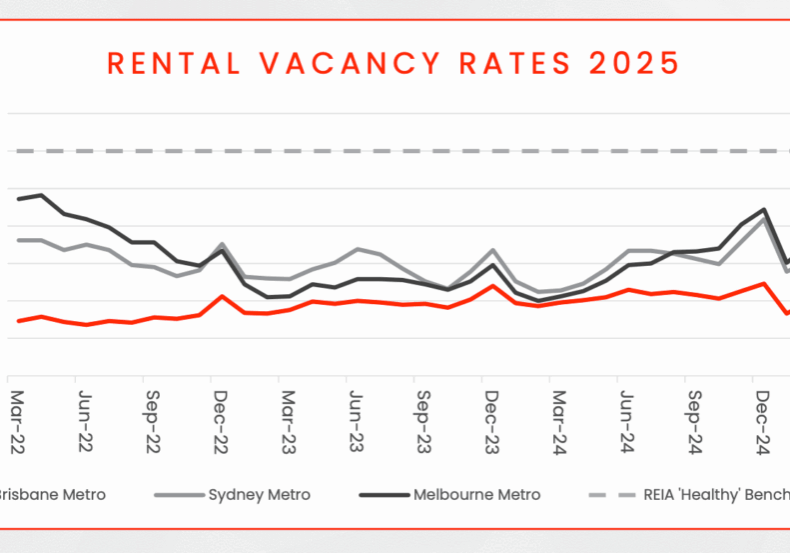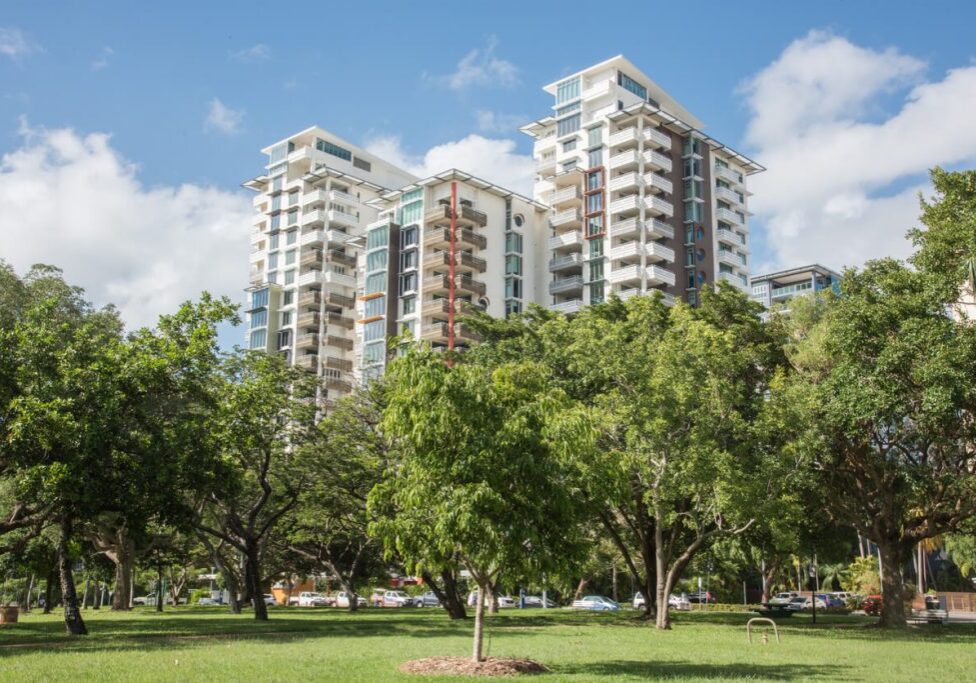All you need to know about changing property managers

Property managers continue to be an important aspect to property investment that allows you to get the most out of your property. Just like how a well-managed investment fund will have a board of directors ensuring the best interests of shareholders are met, a property manager is there to ensure your property is run well. They should feel like a natural partner to your investment, ensuring all aspects are well managed to give you the highest return on investment.
However, sometimes your property manager could seemingly begin to diverge from your goals when it comes to managing your property. There could be break downs in communication, maintenance issues going unsolved, poorly managed disputes and more. Of course, one of theses issues could be solved, but if they start piling up and your property manager begins falling behind, maybe it is time to consider switching.
But what does this involve, and what are the signs you may need to switch property managers. We have created this guide to help you get the most out of your investment property.
Why change property managers?
If you feel that your property portfolio is not being well looked after, or your property manager is not following proper compliance procedures, or you are simply receiving a below market average return on your investment, it may be time to look at your property manager. Here are a few different tell-tale signs that your property manager may be under-performing.
Tenancy issues
Are you regularly finding only bad tenants? Is your property on the market for a long time without tenants? These can be some bad signs, especially if you are finding the tenants you do secure are regularly leaving soon after. Ensuring quality tenants are secured in as short a time a possible is a fundamental aspect your property manager should be taking care of as it is one part of maximising your return.
Deteriorating property
If you find your property is deteriorating much faster than it should then your property manager could not be proactive about managing your property. If inspections are neglected or sub-par, requested repairs and maintenance are ignored then it may be time to look elsewhere.
Low returns on investment
Your property manager should be keeping up with the current market, ensuring that your rental rates are aligned with the area your property is in. stagnating rents despite a market shift up will not always get you the best return on investment. Sometimes there could be a strategy involved, but if your property manager is not communicating this to you then this should also raise red flags.
Dispute management
Dispute management is something your property manager should be good at. Your property manager should carefully consider disputes and attempt to work something out that benefits both sides. These should remain consistent with legislation, ensuring your investment is protected.
Poor communication
You should never be left in the dark regarding your investment property. Emails and phone calls should reach through, or be replied to promptly, and reports and requests should be completed in a timely manner. Good property managers are open, ensuring smooth communication with the tenant and landlord at all times.
Compliance issues
Your property manager should be working to ensure your property meets the standards of compliance required by regulatory agencies and legislation. This means that they will advise you on the best way to proceed across all stages of your investment property to ensure you remain compliant. They should also be up to date with the latest legislation and regulatory changes.
What makes a great property manager?
You may have freaked out reading that list, unsure on how to find a great property manager. Fortunately, there are many out there who will do an incredible job for your property. Here are 4 things that could separate a great property manager from a bad one.
Experience
The right property manager should have a demonstratable history of good returns, management of property portfolios, and the ability to find high quality tenants. While years of experience is a good measure, it is possible to find someone who has worked in the industry for a long time but shown no real history of great returns for their clients.
People-orientated
Property management is a very social profession. So you want your property manager to have great people skills in order to find the best tenants, solve disputes, and make all parties feel involved and well taken care of. Negotiation and building quality, open communication is all vital to the job, so you should ensure these people skills are there.
Accountable and organised
With all the regulatory compliance, rental agreements, dispute resolution and more that your property manager will have to deal with, it is vital that they are accountable and organised. You want someone you can trust, who is open and honest with you. They should have good attention to detail through all facets of your property, and well organised in its management.
Responsiveness
As a part of transparency your property manager should take the time to answer questions from both you and your tenants. This goes a long way to keeping happy tenants, and ensuring long-term returns. Responsiveness is a key part of good communication.
How to change property manager?
Changing property managers is a very simple process. In fact, your new property manager can often handle most of the process. They will be able to complete most of the paperwork on your behalf so you only need to follow these 4 steps:
1. Give notice to your current property manager
You will need to give written notice to your property manager that you wish to cease your agreement. All you need to do is email your existing property manager and cc in your new one. Your new property manager will then take care of any legalities and fine print for you.
2. Sign up with your new property manager
You will need to complete a property agent appointment form before your new property manager can act on your behalf. They will send through this form for you to sign and they will take care of transferring all relevant documentation from your previous property manager.
3. Inform your current tenant
Your new property manager will inform your current tenant in writing that they will be taking over management of the property. They will provide all necessary information regarding paying rent, procedures for repair and how to communicate with them.
4. Official handover
At the agreed upon date your new property manager will collect the keys and important documents from your existing property manager. The first inspection will then be scheduled to confirm the state of the property and address any issues.
Switching to a property manager who is experienced, responsive, and has a proven track record of getting excellent results is easy with Link Living. We can transfer you over to our property managers and you will see the difference we make. Reach out to us today and have a chat with our friendly team.




